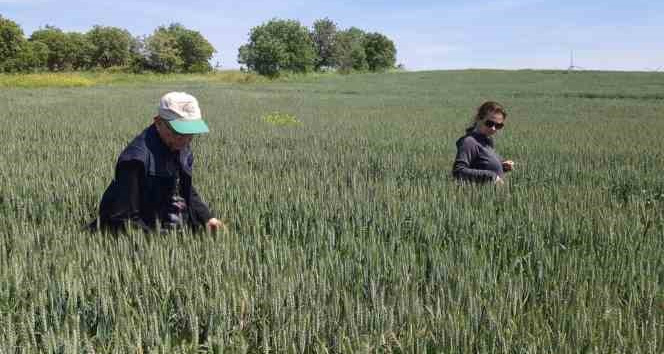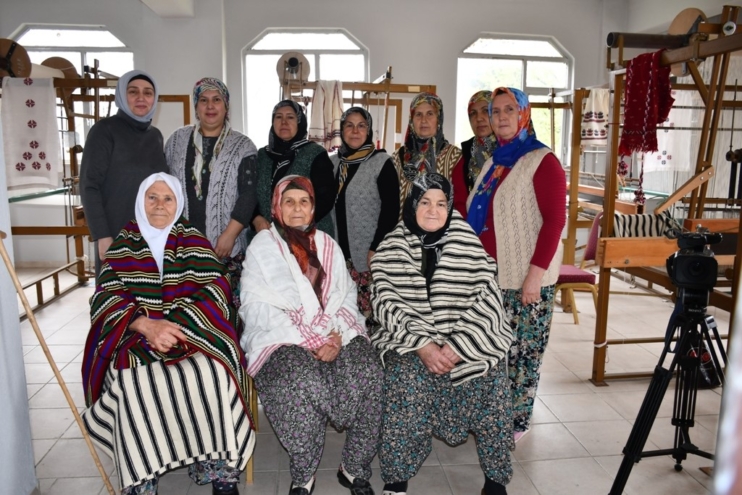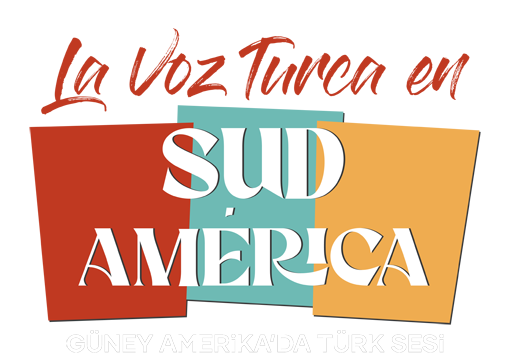Survey Activities Continue Within The Scope Of The Control Of Shield Bug In Çanakkale

Within the scope of the control of the main pest of wheat in Çanakkale center and its affiliated districts, the teams formed by the Çanakkale Provincial Directorate of Agriculture and Forestry continued their survey activities without interruption.
Erdem Karadağ, Çanakkale Provincial Director of Agriculture and Forestry, who gave information about the work on the shield bug, said the following:
"Wheat stands out as a staple food in the world and in our country. The main pest of wheat, the shield bug (Eurygasterspp.) is the most important factor that negatively affects yield and quality. In places and years where the density of shield bug population is high, up to 100% damage occurs if no control is carried out. As Çanakkale Provincial Directorate of Agriculture and Forestry, we regularly carry out continuous controls in our grain cultivated areas every year.
In our province, within the scope of the 2023 Control of the Shield Bug, 20 teams with 108 technical personnel in a total area of 522,736 decares with a total area of 929,945 decares of grain are continuously working to keep the damage caused by the shield bug at the lowest level. As a result of the autumn and spring winter survey, valuation survey, egg parasitoids survey and nymphs survey conducted by the teams, a decision is taken on whether or not to carry out chemical control by considering the economic damage threshold. Egg parasitoidsurvey studies are currently being carried out in our province. From the 2nd period onwards, nymph survey is started when the nymphs that start to feed on the gleanings are prevalent. Nymph survey is the last survey before chemical control is decided, and nymph survey and chemical control can sometimes be intertwined. In villages where chemical control is decided, control activities are started, while nymph surveys are continued in other villages. For our region, it is necessary to decide to control in all areas where nymph density is determined above the threshold of 10 nymphs/m2 . In order to ensure the survival of natural enemies (egg parasitoids) in nature, 2000 partridges were released and 10,000 acacia saplings were distributed within the scope of biological control activities in our province. In areas with high parasitism, there are units that can be excluded from spraying, taking into account the presence of natural enemies in the region. It is not recommended to control overwintered adults at the same time as spraying against rust disease as it will affect egg parasitoids.
Since the spraying time is determined based on many considerations, according to the decision of the control teams, the announcement of the Provincial/District Directorates should be followed and spraying should be carried out without wasting time, taking into account the weather conditions on the days of the announcement. Especially in areas where beekeeping activities are carried out, care should be taken to spray during the hours when the bees are not flying. It is very important for our producers to comply with the warnings in terms of contributing to the national economy."

















